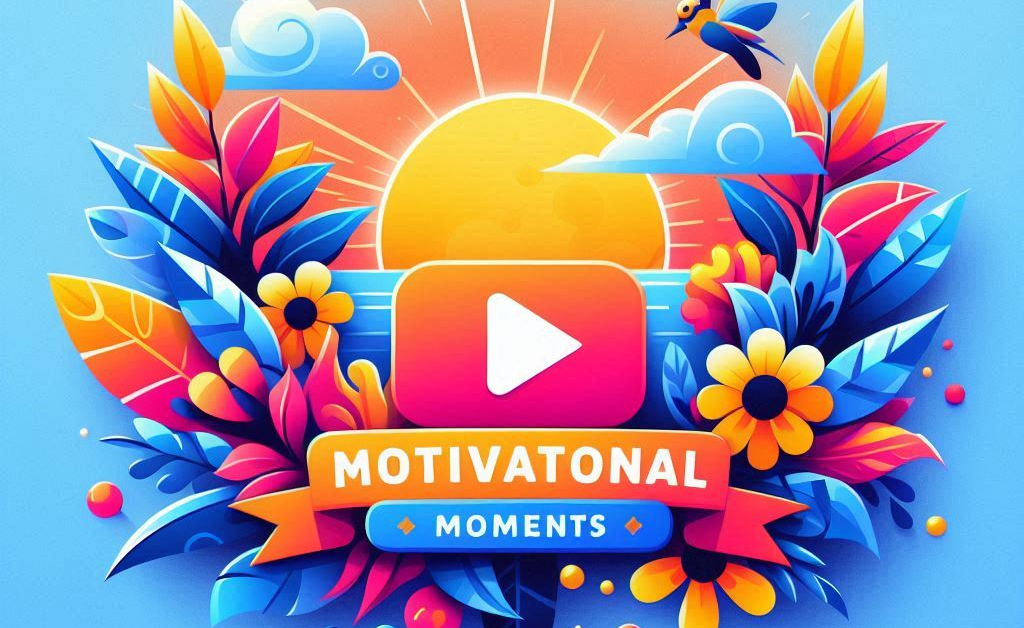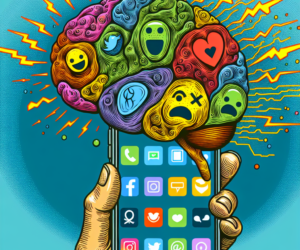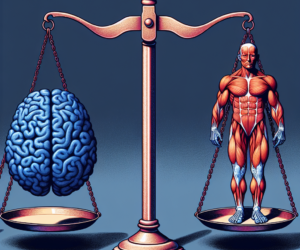Prioritizing mental health in the workplace is essential for creating a supportive and productive work environment. By implementing these strategies, employers can help maintain employee wellness, reduce stress, and foster a culture of well-being and empathy.
Exercise is crucial for improving mental health, promoting endorphin release, reducing stress and anxiety, and enhancing mood and self-esteem. By incorporating regular physical activity into your daily routine, you can reap the numerous mental health benefits of exercise for overall well-being.
While social media has the power to connect us with others and provide valuable information, it also has the potential to negatively impact our mental health. By being mindful of our online habits, setting boundaries, and seeking support when needed, we can navigate the complexities of social media in a healthy and positive way.
Anxiety disorders are the most common mental illness in the United States, affecting approximately 40 million adults. There are several different types of anxiety disorders, including generalized anxiety disorder, panic disorder, social anxiety disorder, and specific phobias. Each type of anxiety disorder has its own set of symptoms, but common symptoms may include:
The link between physical health and mental health is a complex and multifaceted one. Research has shown that physical activity and exercise can have a positive impact on mental health by reducing symptoms of anxiety and depression, improving mood, and enhancing overall well-being. When we engage in physical activity, our bodies release endorphins, which are hormones that act as natural painkillers and mood elevators.
Self-care is the practice of taking care of oneself in order to maintain and improve one’s physical, mental, and emotional well-being. It involves activities and practices that promote self-love, self-compassion, and self-acceptance. Self-care is essential for maintaining good mental health and can help to prevent burnout, anxiety, and depression.
Therapy is a powerful tool that can help improve mental health and overall well-being. Whether you are struggling with anxiety, depression, trauma, or any other mental health issue, therapy can provide you with the support and guidance you need to overcome your challenges and lead a happier, healthier life.
This quote is particularly relevant in contexts of cognitive behavioral therapy, mindfulness practices, stress management, and mental health education. It’s especially powerful for individuals dealing with anxiety, depression, overthinking, or those prone to cognitive distortions.
This quote emphasizes the idea of renewal and the importance of the present moment. It suggests that each day offers a fresh start, free from the burdens of the past. The actions and choices we make today are crucial, as they shape our future.









